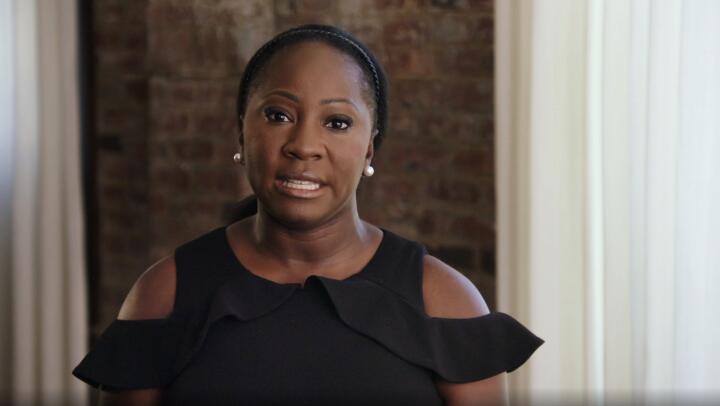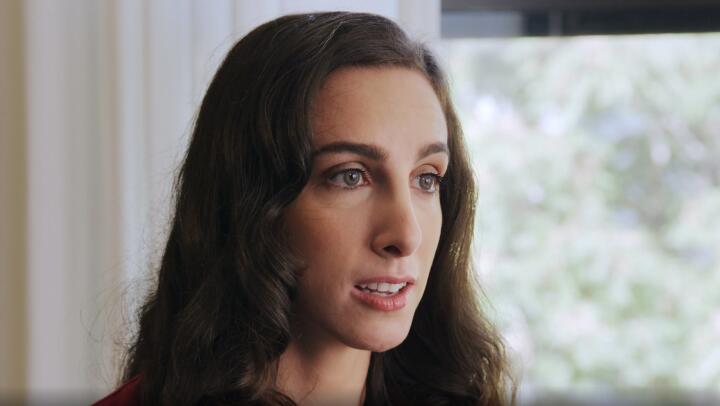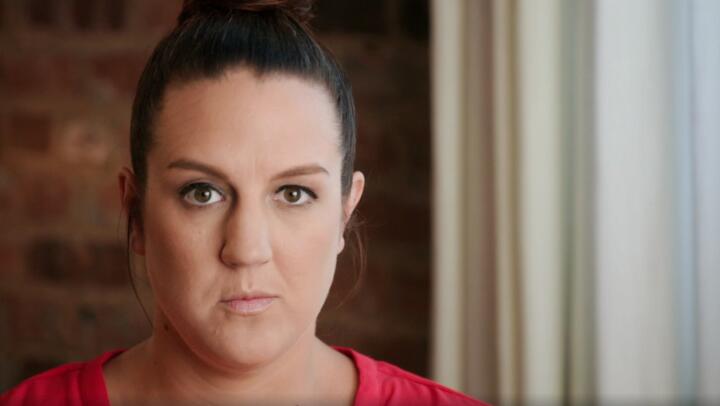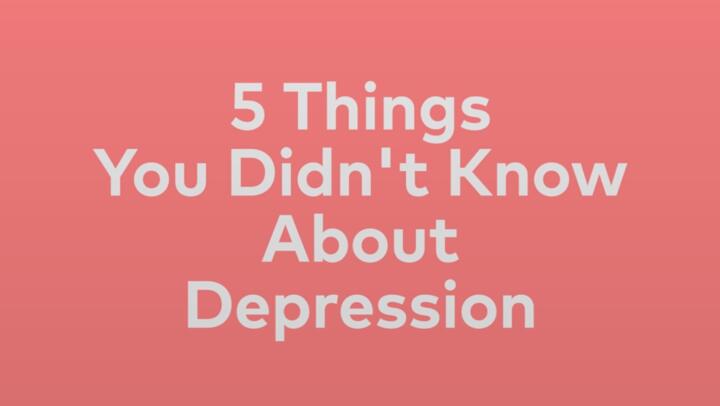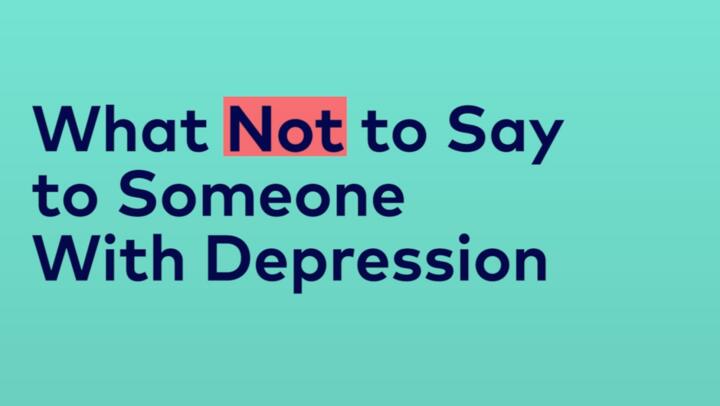Schizoid personality disorder is in the cluster A category of disorders, which are mostly marked by eccentric and odd behaviors.
This article explains what schizoid personality disorder is. It also describes the symptoms, causes, and treatment options related to the condition.
What is schizoid personality disorder?

Schizoid personality disorder is a type of eccentric personality disorder. Cluster A disorders such as this are characterized by eccentric and often socially withdrawn behaviors. They tend to be milder than disorders belonging to other clusters.
Schizoid personality disorder is not to be confused with schizotypal personality disorder, which is also a cluster A disorder. Those with schizoid personality disorder usually do not experience perceptual disturbances. Also, they may prefer to be alone than be in the company of others and actively avoid social settings.
Read more about personality disorders here.
Schizoid personality disorder vs. schizophrenia
Although they sound similar, schizoid personality disorder and schizophrenia are two
Schizophrenia is a spectrum of serious mental health conditions wherein a person interprets reality differently than others. It can result in hallucinations, delusions, and disordered thinking, which can seriously impact their daily functioning.
This is different from schizoid personality disorder, which — compared with schizophrenia — is mild, can be manageable, and does not cause hallucinations or delusional thinking. Schizoid personality disorder is a personality disorder, and schizophrenia is a psychiatric condition.
Read more about schizophrenia here.
What are the symptoms of schizoid personality disorder?
People with schizoid personality disorder can usually function well and do not have any psychotic symptoms. However, their thoughts and feelings may result in withdrawal from society due to functional impairment or subjective distress related to interacting with others.
Some common symptoms of schizoid personality disorder
- having a lack of interest in socializing, often opting to be alone
- seeming aloof
- showing little emotion, resulting in appearing cold in conversation with other people
- being indifferent to both praise and criticism
- showing little or no interest in having sex with other people
- engaging in sexual relationships with little personal attachment
- having difficulty taking pleasure in most activities
- frequently daydreaming, sometimes creating complex inner lives
As per the Diagnostic and Statistical Manual of Mental Disorders, a person has to meet the following criteria to receive a diagnosis of schizoid personality disorder:
- a pattern of detachment from social relationships
- not desiring or enjoying close relationships, including those with family
- a preference for solitary activities
- little interest in sexual activities
- little interest in any activity
- few or no close friends or acquaintances
- indifference to praise or criticism
- coming across as emotionally cold
It is common for those with schizoid personality disorder to only seek professional help when they experience a related problem. This is typically depression.
What causes schizoid personality disorder?
There are many different elements that come together to form your personality, such as your thoughts, emotions, and behaviors. These are thought to mainly establish during your early life and childhood.
The cause of schizoid personality disorder is unknown but thought to
You can also have schizoid personality disorder if you do not have a relative who has it. Some environmental risk factors include:
- having a cold, unsympathetic, unresponsive, or neglectful parent during your formative younger years
- experiencing forms of abuse
- having a psychologically traumatic experience or early psychosocial adversity, such as sexual abuse or violence
How do you treat schizoid personality disorder?
Schizoid personality disorder is a chronic condition. However, treatment can help prevent the progression of your symptoms.
If you receive a diagnosis, you are likely to be advised to attend therapy. This can help you improve your ability to cope and enhance your social skills.
Some types of therapy include:
- Cognitive behavioral therapy: This is a form of therapy designed to help change the way you think. It works by helping you find new ways of thinking and behaving in social situations. This can help limit social isolation and reluctance to pursue relationships.
- Group therapy: This can be used to help make you more comfortable when taking part in social activities. It works to provide a space for you to practice your social skills.
- Medications: Medication tends to be the last resort in the treatment of schizoid personality disorder, as there are currently no Food and Drug Administration (FDA)-approved medicinal treatments available. Despite this, medications are available to treat associated conditions, such as depression. One example of a depression medication is bupropion.
How do doctors diagnose schizoid personality disorder?
It
Generally, doctors diagnose personality disorders only in adulthood. This is due to the time it takes for your personality to form. Attempts to diagnose such disorders in people younger than 18 years of age would be inaccurate.
When you visit a healthcare professional, they are likely to look into your medical history and perform a physical exam to eliminate any physical causes of your behaviors, such as an illness.
If no physical causes are present, the healthcare professional will refer you to a psychologist. Psychologists are trained to diagnose mental health conditions. They will use questionnaires and interview methods that may ask about your personal history.
What are the complications of schizoid personality disorder?
There are many possible complications with schizoid personality disorder,
- a high risk of suicide
- a high risk of substance misuse
- difficulty maintaining lasting relationships
- feelings of isolation
Summary
Schizoid personality disorder is a chronic condition that currently has no cure. Without symptom management, the disorder may lead to significant social isolation.
However, treatments are available. Treatments for schizoid personality disorder include various therapies that can improve the way you think about social situations and help you overcome your reluctance to engage in them.








